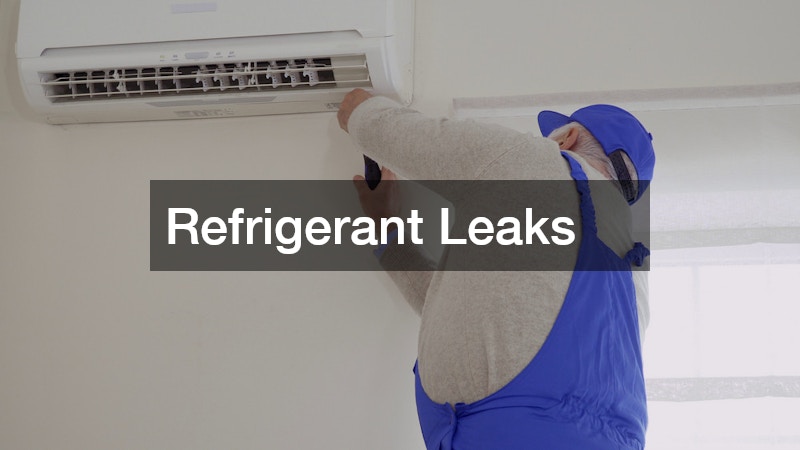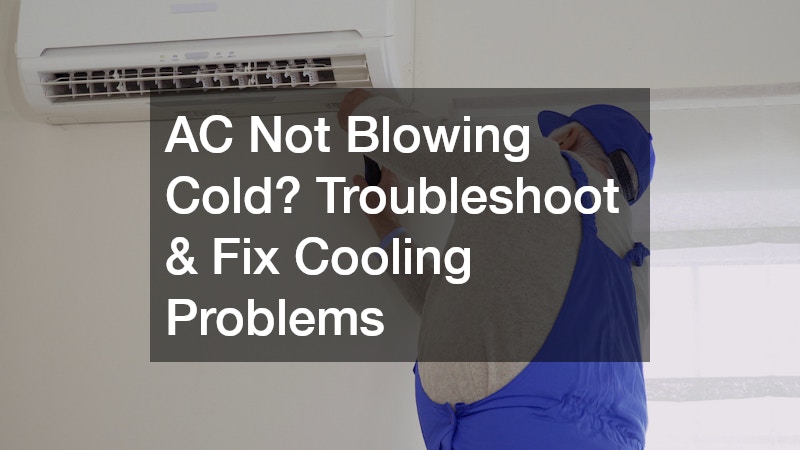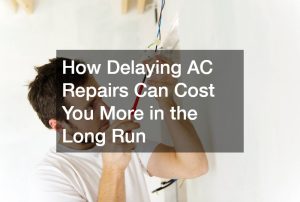Explore the financial and health implications that come from neglecting necessary air conditioning repairs. Understand how avoiding maintenance can lead to larger issues over time. Unattended problems with air conditioning systems can trigger a cascade of costly consequences that could easily be managed with regular upkeep.
The Financial Implications of Delaying Air Conditioning Repairs
Increased Energy Bills
Learn how inefficient air conditioning systems consume more energy, leading to higher electricity costs. When air conditioners begin to falter, they often require more power to achieve the same cooling effect, thus skyrocketing energy bills. Ultimately, a neglected AC unit becomes an unexpected burden on the household budget, straining finances and reducing economic efficiency.
Some common issues include clogged filters and leaking ducts, which force the system to work harder to maintain consistent temperatures. Energy Star estimates that fixing these common problems can reduce energy usage by up to 15%. It’s evident that minor, preventable problems can snowball into significant financial drains if not promptly addressed.
Additionally, modern homeowners are increasingly aware of the ecological impact of excessive energy consumption. The global movement toward sustainable energy practices underscores the need to minimize unnecessary electricity usage. By keeping air conditioning systems in peak condition, both personal expenses and ecological footprints can be reduced.
Costly Emergency Repairs
Understand how minor issues can escalate over time, resulting in the need for expensive emergency repairs that could have been avoided. Often, small signs of trouble, such as unusual noises or inconsistent cooling, go overlooked until they explode into full-blown emergencies. This reactive, rather than proactive, approach to maintenance tends to incur higher costs due to the urgent nature of repairs.
Emergency repairs usually happen at the most inconvenient times, often requiring homeowners to pay premium rates for after-hours services. The financial strain is compounded when you consider the stress and discomfort of a malfunctioning air conditioner during extreme weather conditions. To avoid these scenarios, regular inspection and timely repairs are crucial.
Routine maintenance not only helps identify and rectify minor issues before they spiral out of control but also extends the lifespan of your unit, ensuring long-term savings. In the absence of timely intervention, even the most robust air conditioning systems can succumb to premature failure, leading to costly replacements. Prioritizing maintenance keeps both your financial health and home environment in check.
How Avoiding Repairs Affects Indoor Air Quality
Accumulation of Dust and Allergens
Examine how a poorly maintained AC system can lead to a buildup of dust and allergens, impacting air quality inside your home. Over time, filters clogged with dirt and debris become inefficient, allowing dust particles to circulate freely indoors. This not only diminishes comfort but also elevates health risks, particularly for those with respiratory issues.
Poor air quality can exacerbate conditions such as asthma and allergies, increasing medical expenses and reducing the quality of life. Regular cleaning and maintenance of filters can prevent the accumulation of harmful particles. By maintaining an effective filtration system, homeowners can ensure a healthier living environment, free from excessive allergens.
Mold and Mildew Growth
Discuss the conditions created by faulty air conditioning systems that promote the growth of mold and mildew, posing health risks. Excess moisture often results from an inefficient or malfunctioning AC unit, creating a breeding ground for mold and mildew. Mold issues can manifest in various forms, from damaging property to causing serious health concerns.
Left unchecked, mold spores can proliferate throughout the living space, leading to respiratory problems, skin irritation, and other health issues. Regular maintenance and prompt repair of any signs of leaks or moisture will give you a mold-free home. Addressing these issues proactively not only protects health but also saves on the potential cost of a full-scale cleanup or remediation process.
The Environmental Impact of Neglecting AC Maintenance
Increased Carbon Footprint
Analyze how inefficient air conditioning systems contribute to greater carbon emissions due to higher energy consumption. With growing emphasis on climate change, energy efficiency is a key component in reducing one’s carbon footprint. An inefficient air conditioner poses a double threat, driving up energy costs while contributing to environmental degradation.
Environmental Protection Agency (EPA) reports suggest that improved efficiency in household appliances can significantly offset carbon emissions. Regular maintenance of air conditioning units not only cuts down unnecessary energy use but also benefits the larger goal of environmental sustainability. By understanding the critical link between AC efficiency and ecological impact, households can play a role in reducing their overall environmental impact.
Refrigerant Leaks
Explore the environmental damage caused by refrigerant leaks from outdated or poorly maintained systems. Refrigerants are essential to the functioning of air conditioning units, but leaks can occur due to degraded components or faulty connections. These leaks not only impair unit efficiency but also release harmful substances into the environment.
Many refrigerants are potent greenhouse gases with a far greater impact than carbon dioxide, making even small leaks significant. Regular inspection and early detection of leaks are vital for preventing substantial environmental harm. Repairing leaks promptly also aligns with regulatory compliance, as laws regarding refrigerant handling and disposal become increasingly stringent.
Investing in timely maintenance secures not only immediate comforts but also ensures long-term savings and sustainability. Let your air conditioning system be a testament to the benefits of preventative care—financially savvy, health-conscious, and environmentally sound.




